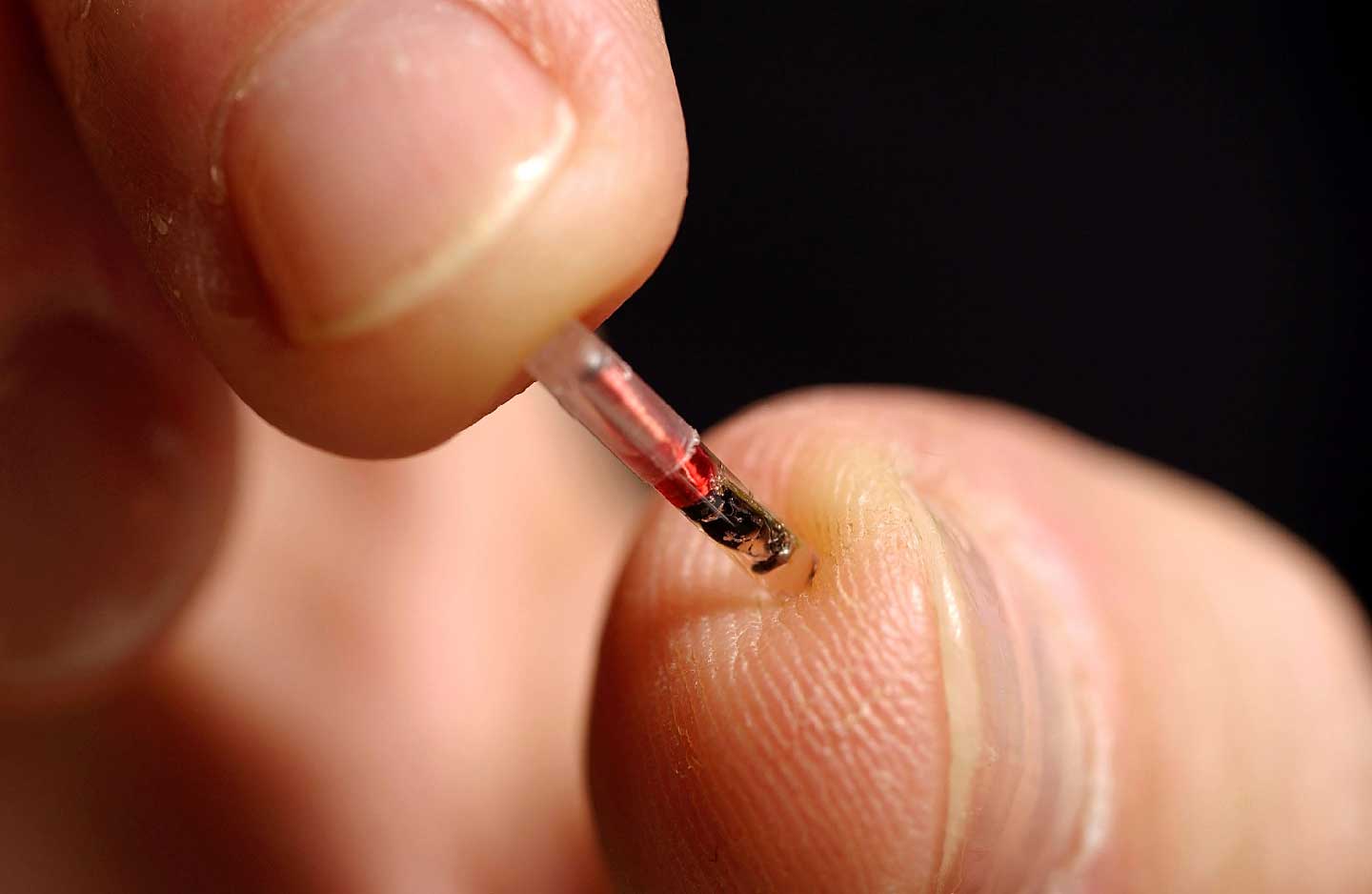For those who bet on a future that melded body and tech, reality has been disappointing.
The trend of “human augmentation” with implants that would serve a yet-to-be determined purpose is rapidly fading. The implants, including computers chips and magnets, are slowly expiring—along with the high-tech dreams that once sparked them.

Around 2010, body modification was trendy counterculture activity in niche circles. For early adopters—or so-called grinders—like The Verge‘s Adi Robertson, it was common to have rare earth magnets surgically implanted into their fingers. But since then, Robertson has found the advantages of such an implant, which were mostly limited to cool party tricks like picking up a bottle cap, weren’t worth the problems in the long run. Likewise, she couldn’t get an MRI and would often accidentally wipe her hotel key card.
Her experience isn’t unusual. Plenty of people that took part in the self-modification trend were disappointed to find that their implants didn’t prove useful or that they expired quickly.
As a result, it’s become more likely that body modification will have a hard time competing with tech wearables like exoskeletons and smart glasses, which have the advantage of being less invasive and more easily renewable.
This article appeared in an InsideHook newsletter. Sign up for free to get more on travel, wellness, style, drinking, and culture.
























